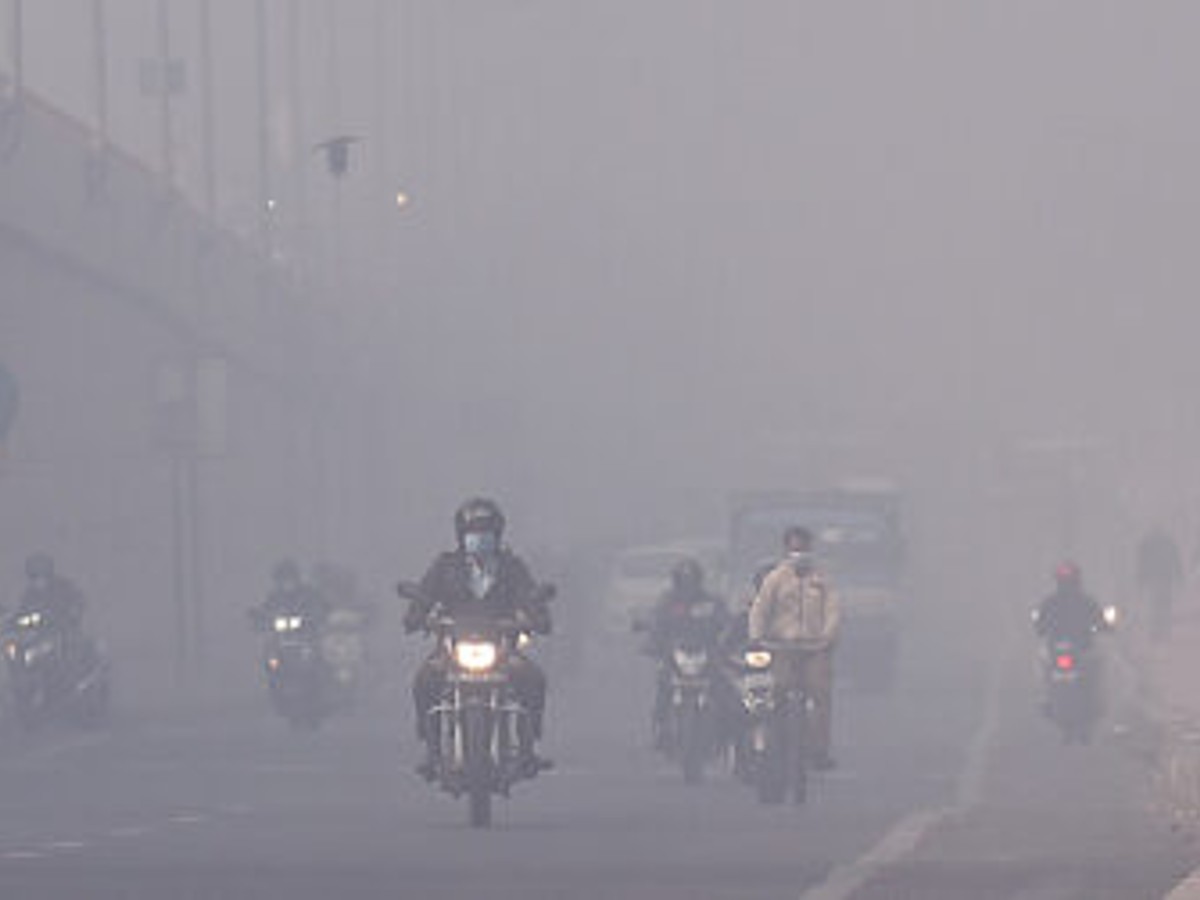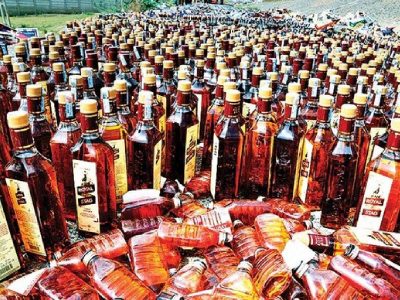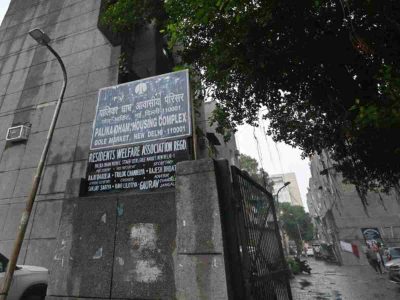In Delhi, a persistent smoky haze shrouded the city for the third consecutive day, pushing many areas into the ‘severe’ zone on the air quality index (AQI) scale.
Scientists have issued warnings of an imminent spike in pollution levels in the Delhi-NCR region over the next two weeks, attributing the rise to a surge in farm fires and unfavorable weather conditions.
The deteriorating air quality has raised concerns among health professionals, particularly regarding the potential increase in asthma and lung problems, especially in vulnerable groups such as children and the elderly.
The city’s Air Quality Index (AQI) was recorded at 351 at 10 am, with several areas, including Punjabi Bagh, Bawana, Mundka, and Anand Vihar, registering AQI values well above the 400-mark, categorizing the air quality as ‘severe.’
Particulate matter known as PM2.5, capable of causing respiratory issues, was found to be six to seven times higher than the safe limit in these severely affected areas.
Delhi Environment Minister Gopal Rai announced a ban on construction work in areas with an AQI above 400 for five consecutive days as a preventive measure.
To combat vehicular pollution, the government launched the “Red Light On Gaadi Off” campaign and plans to augment public transport by hiring 1,000 private CNG buses. Neighboring regions, including Ghaziabad, Faridabad, Gurugram, Noida, and Greater Noida, also experienced alarming AQI levels.
A combination of unfavorable meteorological conditions, emissions from firecrackers and paddy straw burning, and local sources of pollution have contributed to the hazardous air quality in the Delhi-NCR region during the winter months. An analysis by the Delhi Pollution Control Committee (DPCC) revealed that peak pollution occurs between November 1 and November 15, coinciding with a rise in stubble burning incidents in Punjab and Haryana.
In response, the Punjab government aims to reduce farm fires by 50% this winter season and eliminate stubble burning in specific districts. Haryana, too, plans to significantly curb farm fires.
According to the Indian Institute of Tropical Meteorology (IITM) in Pune, vehicular emissions (11% to 16%) and stubble burning (7% to 16%) remain the major contributors to Delhi’s deteriorating air quality, emphasizing the need for urgent and comprehensive measures to address this pressing issue. (With inputs from PTI)





